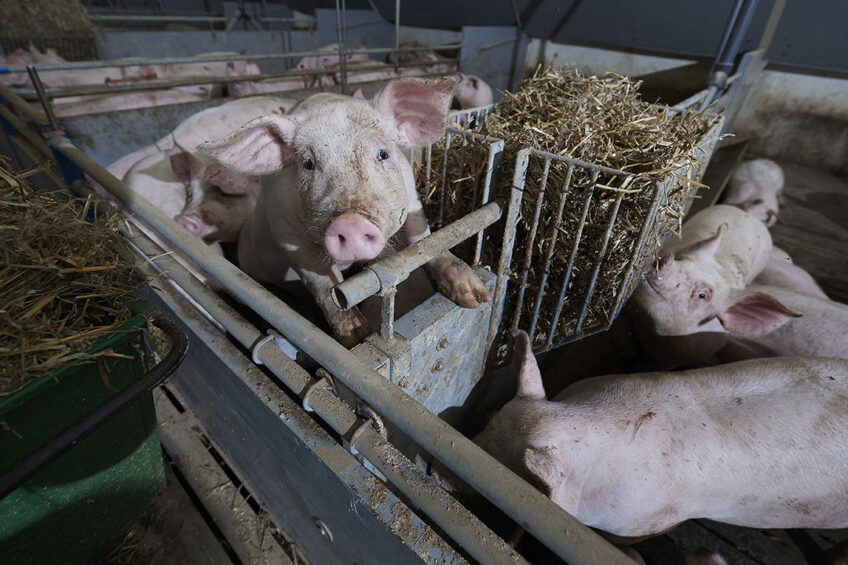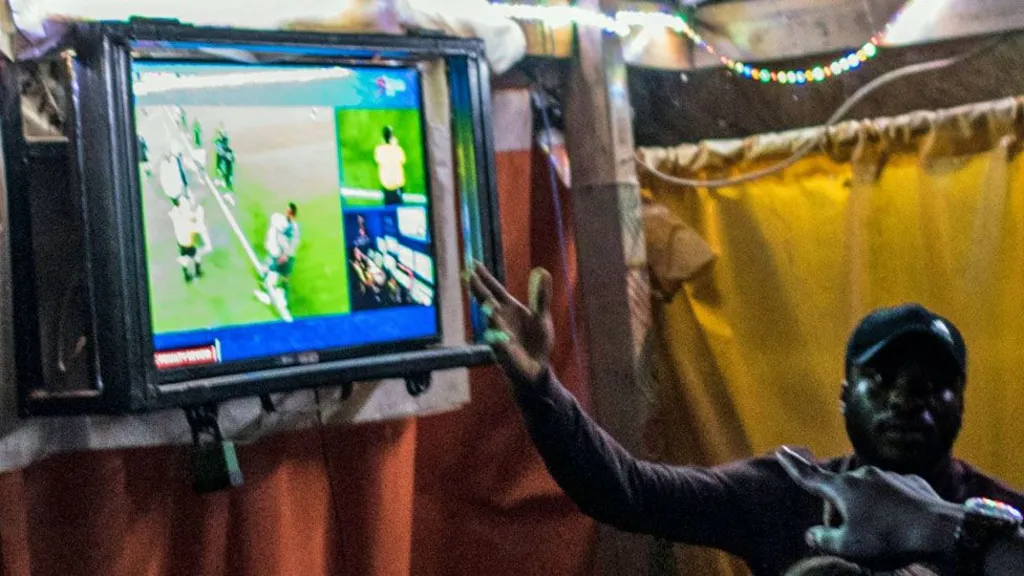Outrage has erupted in South Africa after two black women, Maria Makgato, 45, and Lucia Ndlovu, 34, were allegedly shot and fed to pigs by a white farmer and his two workers.
The incident, per BBC reports, occurred in August near Polokwane in Limpopo province when the women were reportedly searching for food on the farm.
Farm owner Zachariah Johannes Olivier, 60, along with his employees Adrian de Wet, 19, and William Musora, 50, are accused of the murders and are awaiting a court decision on whether they will be granted bail ahead of their trial. The three men have not yet entered a plea, which will happen at a later stage of the proceedings.
Protesters have been gathering outside the court during previous hearings, demanding that bail be denied to the accused.
The case has further inflamed racial tensions in South Africa, particularly in rural areas, despite the end of apartheid three decades ago.
Ms. Makgato’s brother, Walter Mathole, expressed his anguish over the incident, telling the BBC that it has deepened the racial divide between black and white people in the country.
The accused also face charges of attempted murder for allegedly shooting at Ms. Ndlovu’s husband, Mabutho Ncube, who was with the women during the incident. Ncube survived by crawling away and seeking help from a doctor.
Days later, he reported the event to the police, who discovered the decomposing bodies of Ms. Makgato and Ms. Ndlovu in a pigsty on the farm.
Mr. Mathole, who accompanied officers to the scene, described the horrific discovery of his sister’s body, which had been partially eaten by the pigs. He recounted how the group had gone to the farm in search of expired or soon-to-expire food, often left for the pigs.
The family of Ms. Makgato has been devastated by the killing, especially her four sons, aged between five and 22.
Her eldest son, Ranti Makgato, tearfully shared, “My mum died a painful death, she was a loving mother who did everything for us. We lacked nothing because of her.” He added, “I think I’ll sleep better at night if the alleged killers are denied bail.”
The Economic Freedom Fighters (EFF) party has called for the farm to be shut down, stating, “The EFF cannot stand by while products from this farm continue to be sold as they pose a danger to consumers.”
The South African Human Rights Commission has condemned the killings, urging for anti-racism dialogues between affected communities.
In response to concerns raised by farming communities, often represented by white groups, they assert that they feel under threat due to the high crime rate in the country, although no evidence suggests farmers are at greater risk than the general population.
This case is one of several recent incidents heightening racial tensions in South Africa. In Mpumalanga, a farmer and his security guard were arrested in August for allegedly murdering two men suspected of stealing sheep.
The bodies were burned beyond recognition, and DNA tests are underway. In a separate case, a 70-year-old farmer is accused of driving over a six-year-old boy, breaking both his legs, for picking up an orange. The bail hearing for Christoffel Stoman, the farmer involved, is ongoing, with two political parties calling for the expropriation of his farm.
As these cases unfold, they continue to draw attention to the deep-seated issues of race and justice in rural South Africa.








